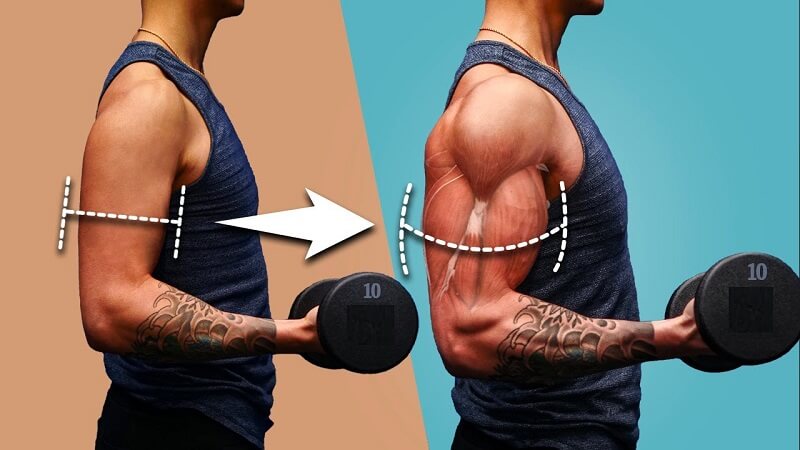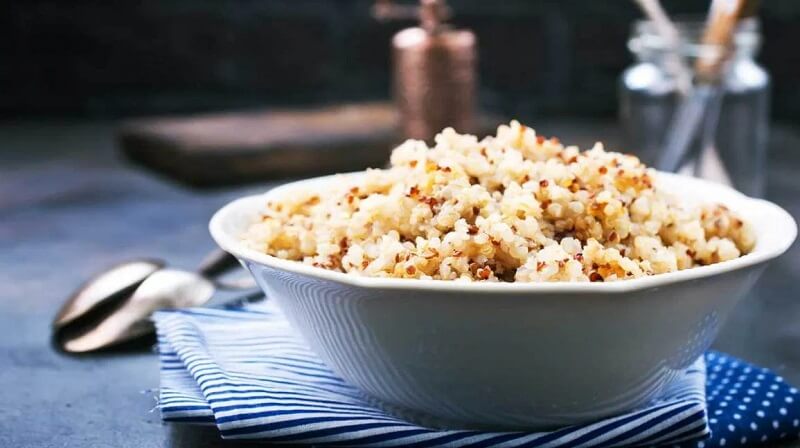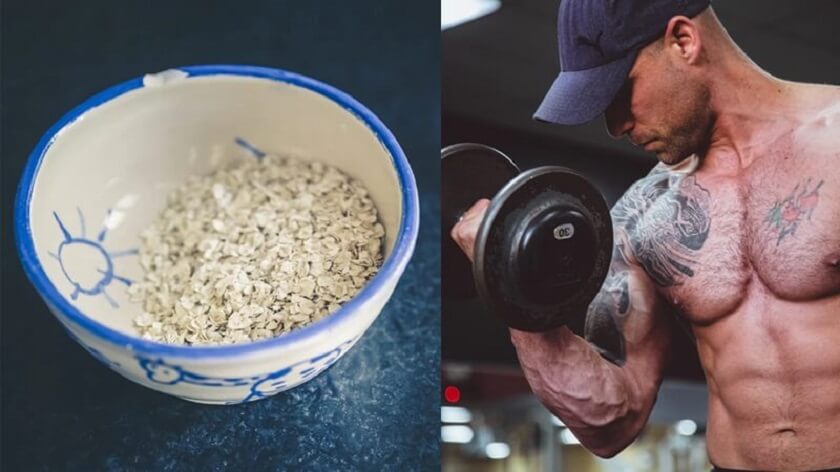How much carbs for muscle gain?
The carbohydrate component of fitness results has been blamed for a long time.
The majority of people blame them when they’re unable to build muscle or lose weight or when they’re overweight.
Most people, therefore, wonder if carbs have any effect on their fitness goals. “Do you need carbs to build muscle?’
This is one of the most frequently asked questions about the role of carbohydrates in the building of muscle.
While carb-haters will shout praises for carbs, critics of this food group will say you don’t need to eat them.
What is the best way to put an end to this tug of war?
Even though carbs get a bad rap for most things, there can be some health benefits to including them in your diet.
It’s the portion sizes, types, and calories that you need to watch out for. We will discuss carbs and muscle development in this article.
We will explain whether and how much of them are required to build muscle.
To help you build big, defined muscles in no time, we will also suggest healthier carb options.
How much carbs for muscle gain?
 People have developed a negative view of carbohydrates over time.
People have developed a negative view of carbohydrates over time.
Most people argue that eating low or no carbs is an effective way to build muscle.
In contrast, a large percentage of people recognize that carbs are necessary for muscle growth.
Where is the line between right and wrong?
Let’s first examine how muscle mass is built using science.
Strength training exercises are necessary if you wish to have a muscular physique.
Many people ask about the Best time to eat carbs for muscle growth, here’s what experts suggest:
Taking carbs at least three to four hours before training can increase endurance, and within 30 minutes to four hours after a workout, you can replenish glycogen stores.
In order to build muscle, you need carbs when you begin a strength training program.
To increase muscle mass, you should consume carbohydrates in your diet.
Therefore, it’s safe to say that carbs are essential to muscle growth.
Now, if you are wondering How much carbs should I eat to gain muscle and lose fat then read the next section.
How many carbs should I eat to gain muscle and lose fat?

The general recommendation is to consume between 3 and 5 grams of carbs per kilogram of body weight while bulking.
To fuel training and get your energy, make sure you eat enough carbohydrates.
Whether you lift weights or not, your carb to fat ratio doesn’t matter as much when bulking, because as long as you eat 2 to 300 grams of carbs per day, depending on your weight, you’ll be fine.
Now, what are the Best carbs for muscle gain? Read about that in the next section.
How to increase carb intake bodybuilding?
After having discussed carbs above, we have determined that they are not as bad as most people believe.
In order to build muscle efficiently and quickly, you need to include them in your nutrition plan.
Based on this information, which carbs are required to build muscle?
We want to discuss this concept before we discuss some of the best carb sources.
There are two types of carbs for muscle gain:
- simple carbohydrates
- complex carbohydrates
Carbohydrates with high fiber content and larger molecules are considered complex carbohydrates.
Their digestion takes longer than simple carbohydrates. Simple carbohydrates, however, are small and digested quickly by the body.
These carbohydrates are usually included in prepared and processed foods such as sugars and sweeteners.
Don’t consume simple carbohydrates, refined sugars, or added sugars.
This kind of food provides only limited nutritional value and is high in calories.
The Bottom Line – Carbs For Muscle Gain
It is important to incorporate all macronutrients into a client’s calorie intake while building muscle.
The inclusion of fat and protein is also important.
Muscle cells are made up of proteins. Muscle needs it to get stronger and grow.
The process of achieving the desired physique is easier when clients consume enough protein and carbs.
They can benefit from using a whey protein supplement if they struggle with this.
Muscle growth is also enhanced when you consume healthy fats. Essential fats are essential to health on many levels.
Some of these fats also contain omega-3 fatty acids. Omega-3 fatty acids are effective in reducing inflammation and protecting the heart.
The most significant thing is to eat a balanced diet. In order for your body to function optimally, you need carbohydrates, protein, and fat.
The body responds more effectively to exercise when it is provided with the nutrients it needs.



